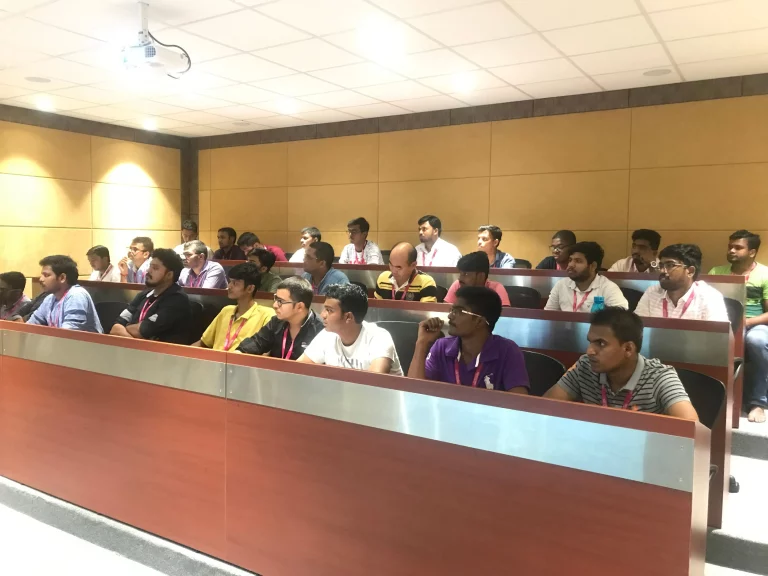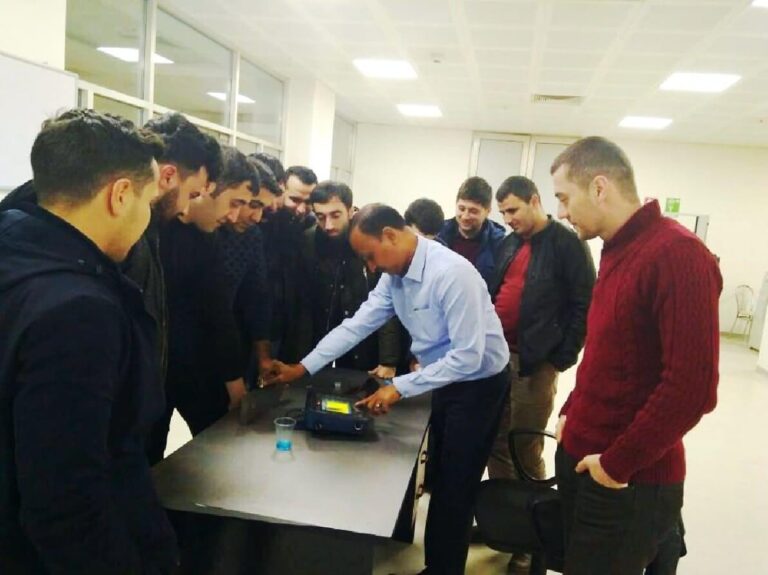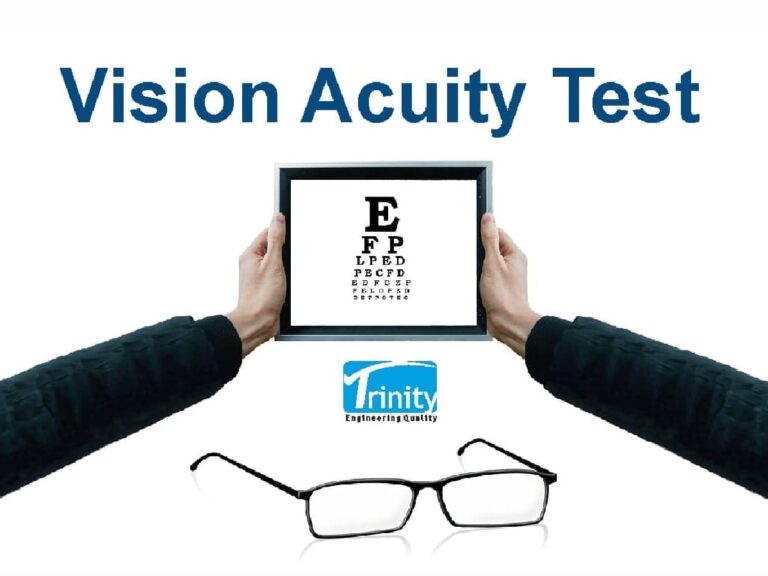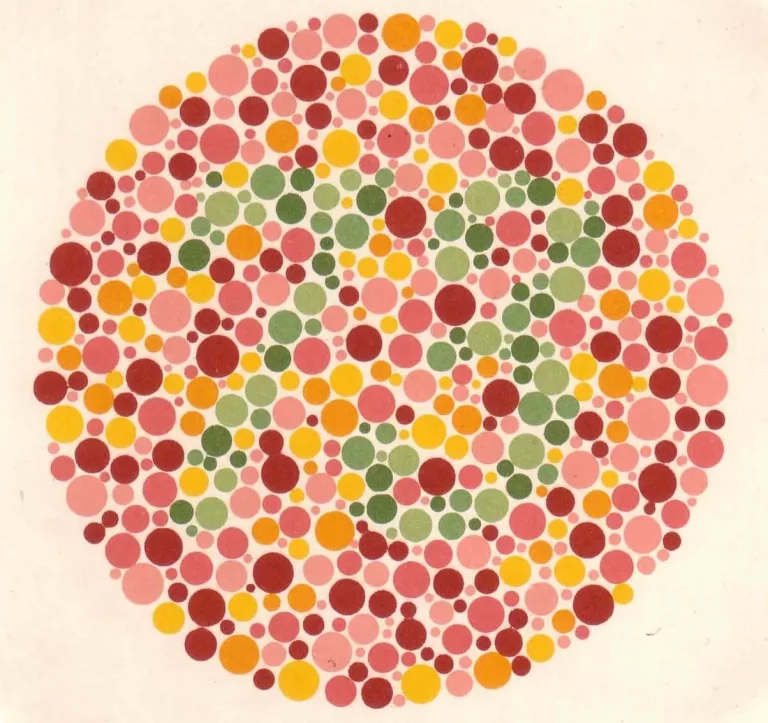Eligibility Criteria, Fee Details for NDT Level 1, 2 training courses in India
Online, Physical modes. 45+ Countries Trainees. Worldwide Recognized.
Ultrasonic, Radiography, Magnetic Particle, Penetrant DPT, Eddy Current & Visual Testing Training
Eligibility, Minimum Qualifications, Experience required for NDT Level I, II training Courses. as per ASNT SNT TC 1A. Fee details for Online, Offline certifications.
NDT Training Eligibility for Level I, II Courses
Before enrolling for NDT courses, meeting specific eligibility criteria is mandatory. Till completion of certification, individual is called as ‘trainees’. As per certification scheme, trainee must possess minimum educational qualifications, relevant experience as prerequisites. Basic qualifications, course fees are determined based on scheme. For example, SNT TC 1A, ISO9712 or NAS410 are different schemes in NDT. Based on eligibility, select the method and level of certification.
For a detailed overview of NDT course eligibility, fee details refer to the below section. Know about both NDT Level I and II training. Course fee changes based on method and level of certification. Candidates have option to choose method wise fee, for example, Ultrasonic or DPT testing or package fee. For best discounted fee offers, we recommend to choose four or more methods. Institute offers, flexibility to attend courses either in online (can be attended from anywhere) or offline (physical) mode in Bangalore, India.
Feel free to contact us. Wherever you are, send a ‘text’ message or ‘call’ on WhatsApp. Now, we are available live chat online to answer your queries. Check reviews online about the training. Choose a schedule from NDT course calendar and register today.
NDT Training Eligibility, Fee Details for NDT Level 2 Courses

- Ultrasonic Testing,
- Radiography testing,
- Magnetic Particle testing,
- Penetrant testing,
- Eddy Current testing
- Visual testing
- Radiography Film Interpretation
- Ultrasonic Thickness Gauging
Certification Levels in NDT Training
Whatever may the certification scheme, there are 3 basic levels of certification based on qualification of the individual;
- Level I: One who do not have other than high school education
- Level II: +2, diploma or graduate in engineering or science
- Level III: Level II + 4 years of experience
Are You Looking for Cheapest NDT Course Fee? Check these 7 points
India is overwhelmed with institutes that offer courses with ‘cheapest and the best fee’. Here are the 7 key points to consider before you choose right institute for NDT Level 2 training:
When it comes to training course fees, it’s similar to any other commodity or service you invest in daily. The fee you pay should align with the quality you receive. Comparing fees alone without considering quality can be misleading.
Before enrolling, it’s essential to assess the credibility of the training center. Remember, it’s not just about certification; your real takeaway that really matters. Ensure the institute offers both classroom and practical hands-on exposure. We recommend checking reviews in google online.
Do the institute has testing facility with adequate equipment. Prefer the companies that offer training along with services like Trinity NDT. Companies will normally are equipped with latest equipment. Facility for almost every technique in each method. For example, for Ultrasonic testing Level II training, check if the institute has practical facility. Weld, plate specimen for normal, angle, dual beam techniques. Like wise, for magnetic particle level II training, portable yoke type, fluorescent, bench type equipment using headshot, central conductor and coil techniques. Trinity NDT Labs in India have the best infrastructure. Every technique is open for practice. This is possible as the company also offers inspection services to over 1500+ customers. NABL accredited labs. Practical workshops at our NADCAP aerospace accredited facility.
Do they have sufficient samples for practical training, like, castings, forgings, plates and welds? Are the samples real or artificially produced? Real defective sample are better than artificially produced defective samples.
As one wise individual once said, ‘We are not rich enough to buy cheap products.’ Opting for a low-cost institute may result in subpar training. Consequences may be felt from day one when you are on the job. Ability to perform NDT tasks, from calibration to report preparation, is the true measure of your training’s worth. If you’re capable, then the training cost is justified;
Make right choice from the beginning while selecting the best institute. Look for institutions with well-equipped practical workshops and labs, where pricing is reasonable. The investment in quality training can be easily regained through your future earnings. Do not fall prey to free training offer that may indirectly be expensive.
To build career, be a passionate learner. Choose the center where the trainers are highly experienced and passionate. We are India’s top institute for NDT, Welding Inspection courses. Know about trainers. International Institute of Welding – IIW certified ‘International Welding Engineers (IWE)’. ASNT Level III from the American Society for Nondestructive testing. Training at our aerospace NDT testing labs in Peenya Industrial Area, Bangalore, India.
Factors Affecting Fee & Quality
The cost, quality of NDT training courses are influenced by several key factors. Some are:
- Certification scheme. SNT TC 1A or ISO9712, can significantly impact the quality of training.
- The qualifications and experience of the trainers, especially their NDT Level 3 experience. Is he having good experience with manufacturing companies? or he may be just a trainer with no relevant field experience.
- Classroom facilities. Duration of practical training sessions.
- The availability, condition of NDT equipment.
- Ratio of equipment to trainees. Without adequate number of equipment, trainees can not learn skills.
- Reputation, its track record in job placement support are essential factors in making an informed decision.
Therefore, it’s vital to remember that making a decision based solely on the course fee is inadequate. Opting for the cheapest institute may not be the wisest choice. We strongly recommend evaluating each of these factors before enrolling in any NDT training program.
While it’s natural to seek cost-effective options, it’s essential to acknowledge that ‘Quality always comes with a little cost.’ Make the right choice from the beginning by selecting the best institute for your NDT training needs.
After each course, the institute has to conduct examinations for NDT Level I, II certification in a professional manner. It is necessary to check the process being adapted by the institute to the check the quality of assessments.
Choosing Right NDT training Center is Easy

What is the Minimum Qualification for NDT?
The trainee shall meet the eligibility criteria as described in Written Practice(WP) framed to the requirements of SNT TC 1A. Individuals for certification in NDT shall have basic educational qualifications, training and experience.
Documented evidence for educational qualifications and experience obtained can be used by the employer to qualify individual/s to Level 1 or 2. Prior to training, employer with the help of NDT Level 3 should establish a written practice for qualification and certification of NDT personnel.
Eligibility for NDT Level I Certification:
- Plus 2, Intermediate, Diploma, B.E/B.Tech, B.Sc (or)
- High School SSC
Eligibility for NDT Level II Certification:
- Diploma, degree in Engineering or science, or
- High School SSC with NDT Level I
In addition, shall meet experience and vision acuity. Check below tables in this page for details.
A trainee is qualified directly to NDT Level II with no time as NDT Level 1. Provided the recommended training, experience consists of the sum of the hours for Level I + II.
Each course has right blend of class room theory, hands-on practice at Trinity NDT – Aerospace NDT labs.
100% Job Guarantee NDT Course. A myth?
selection is NOT based on your NDT certification alone. Much above that interpersonal skills, team work, language skills and IQ of the trainee. An institute cannot guarantee a job without considering the above.
of employment. Be aware of and check before your take the admission.
you need to select the best place and right ASNT Level III trainer.
100% Placement Assistance for NDT Level II certified inspectors
After course completion, we provide placement assistance. Needy NDT Level II inspectors, can contact us.
Placement services have below options,
1. Recruiting for internal vacancies at our NDT service labs. Forward us your resume. HR department calls for interview if suitable. Email your resume.
2. We serve over 1500+ customers. Also we help our customers in recruiting for QA/QC, NDT vacancies. We post details at careers webpage. Candidates can apply on email. No placement fee. Service is free for both employers and employees.
If the candidates have right knowledge, skills, getting into job is easy. Institute focuses on quality of training. Helping for 100% placement of Level 2 certified inspectors.
NDT & QA, QC are good courses for Mechanical Engineers

For certification minimum education, training and experience is needed. Candidates with Diploma in Engineering or Graduate BE B.Tech in Engineering (mechanical engineering, metallurgy, civil or any engineering) or B.Sc. Even Science graduates or Plus 2 / intermediate with Maths, science are eligible for NDT training.
Training Schedules, Online Registration Procedure
NDT Training Duration, Experience for Certification
Ultrasonic Testing(UT) Level I, II
| Requirement | UT Level I | UT Level II |
|---|---|---|
| Training Duration (Hours) | 40 hours (5 days) | 40 Hours (5 days) |
| Experience (Hours) | 210 Hours | 630 Hours |
Magnetic Particle Testing(MPT) Level I, II
| Requirement | MPT Level I | MPT Level II |
|---|---|---|
| Training Duration | 12 Hours (2 days) | 08 Hours (2 days) |
| Experience | 70 Hours | 210 Hours |
Liquid Penetrant testing(DPT) Level I, II
| Requirement | DPT Level I | DPT Level II |
|---|---|---|
| Training Duration | 12 Hours (2 days) | 08 Hours (2 days) |
| Experience | 70 Hours | 210 Hours |
Radiography Testing (RT) Level I, II
| Requirement | RT Level I | RT Level II |
|---|---|---|
| Training Duration | 40 Hours (5 days) | 40 Hours (5 days) |
| Experience (Hours) | 210 Hours | 630 Hours |
Eddy Current Testing (ET) Level I, II
| Requirement | ET Level I | ET Level II |
|---|---|---|
| Training Duration | 40 Hours (5 days) | 40 Hours (5 days) |
| Experience | 210 Hours | 630 Hours |
Visual Testing (VT) Level I, II
| Requirement | VT Level I | VT Level II |
|---|---|---|
| Training Duration | 08 Hours (2 days) | 16 Hours (3 days) |
| Experience | 70 Hours | 140 Hours |
Radiography Film Interpretation (RTFI) Level II Limited Certification
| Requirement | RTFI Level II (Non Radiographers) | RTFI Level II (With Radiography Level I Background) |
|---|---|---|
| Training Duration | 40 Hours (5 days) | 24 Hours (3 days) |
| Experience | 220 Hours | 220 Hours |
Ultrasonic Thickness Gauging (UTG) Level II Limited
| Requirement | Digital Thickness Measurement (numeric output only) |
A- Scan Thickness Measurement |
|---|---|---|
| Training Duration | 08 Hours (2 days) | 24 Hours (3 days) |
| Experience | 40 Hours | 175 Hours |
Important Notes
- An NDT trainee may be qualified directly to Level 2 with no time as Level 1, the training and experience requirements consists of the sum of the hours for Level I and II as specified above.
- While fulfilling total experience requirement, experience may be gained in more than one NDT method, however the minimum hours must be meet for each method to be eligible for the courses.
- In addition, the candidate must meet the following other eligibility criteria as per the written practice.
Eye Fitness Test - Near Vision & Color Vision Acuity

As per ASNT SNT TC 1A 2020 recommended practice, eye fitness is an essential requirement for any level of NDT certification. Detailed instructions regarding the eye fitness test can be found within the document format.
For a quick reference to the eye fitness requirements, you can find excerpts and specific details within this section.
The eye fitness test must be conducted by a registered ophthalmologist or an ASNT Level 3 professional holding a valid ASNT certification at the time of the eye examination. The document must bear a valid stamp, providing details of the professional’s qualification and the date of the eye examination.
Prior to admission, trainees must submit an Eye Fitness document in the prescribed format, confirming their compliance with these eye fitness requirements.
Near Vision Tests
He/she shall ensure natural or corrected near-distance acuity in at least one eye such that the applicant is capable of reading a minimum of Jaeger Number 1 or equivalent type and size letter. The distance designated on the chart is not less than 12 inches (30.5 cm) on a standard Jaeger test chart’.
Optionally, the ability to perceive an Ortho-Rater minimum of 8 or similar test pattern is also acceptable. Near vision tests should be administered once in a year throughout his/her certification duration.
Falling short of time to go to nearest eye clinic or could not get appointment of Opthalmologist? Trinity NDT provides assistance for Eye fitness certification. For more details, contact Training Coordinator on whats app now.
Color Vision Tests

Color vision test should demonstrate the capability of distinguishing and differentiating contrast among colors. For this purpose, charts such as Ishihara Charts or shades of gray used in the method or as determined by the employer.
Color vision test for NDT inspectors should be conducted upon first certification and at five-year intervals thereafter.
Grey Scale Tests for ISO9712 & NAS410 Certifications
Skerik grey scale test complies with the requirements of EN ISO 9712, SNT-TC-1A and NAS 410. It is intended to be used for verification of grey scale perception of inspection and NDT personnel.
This grey scale test is suitable for use as printed paper hard copy as well as in form of pattern on the monitor screen.

